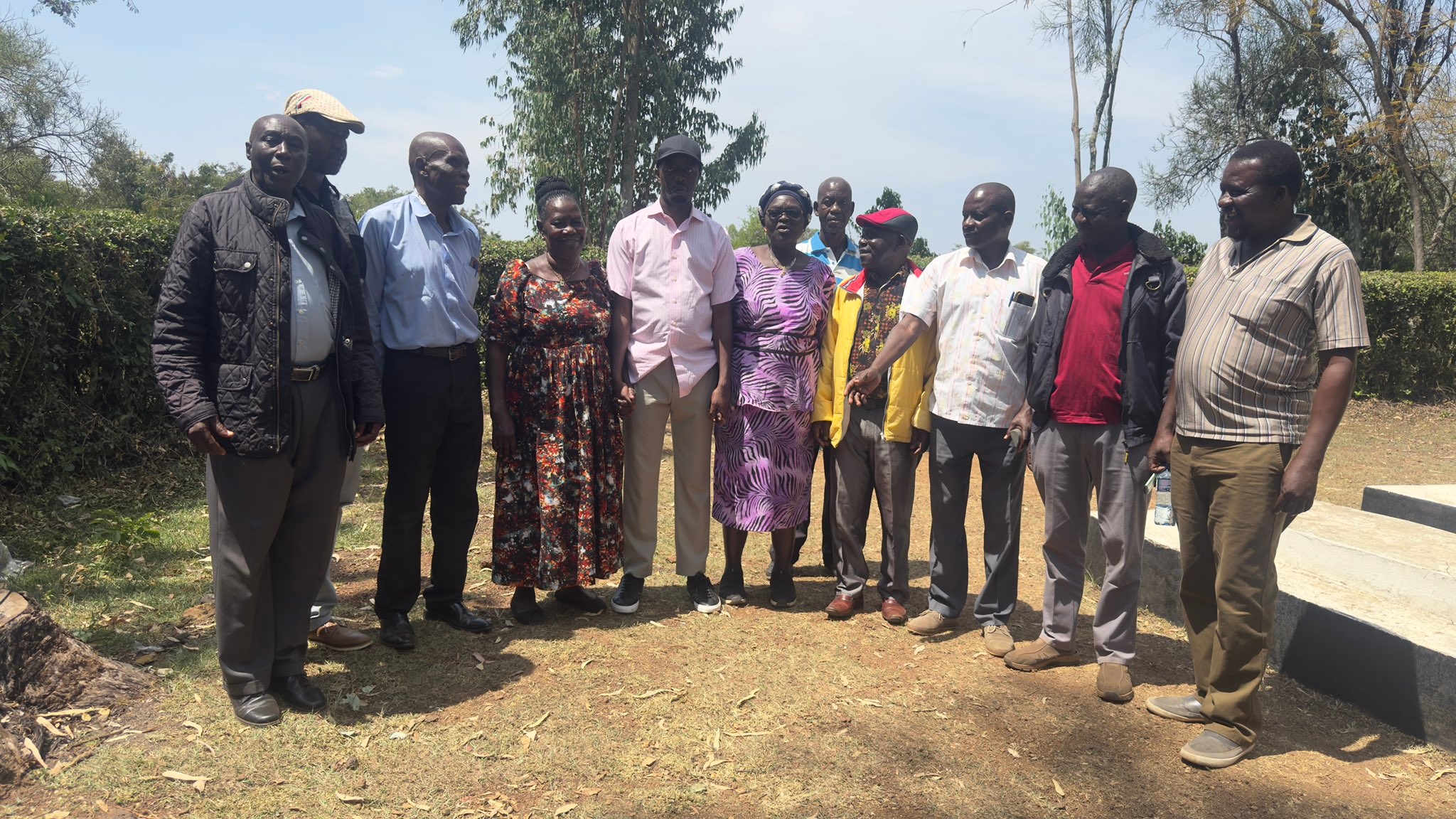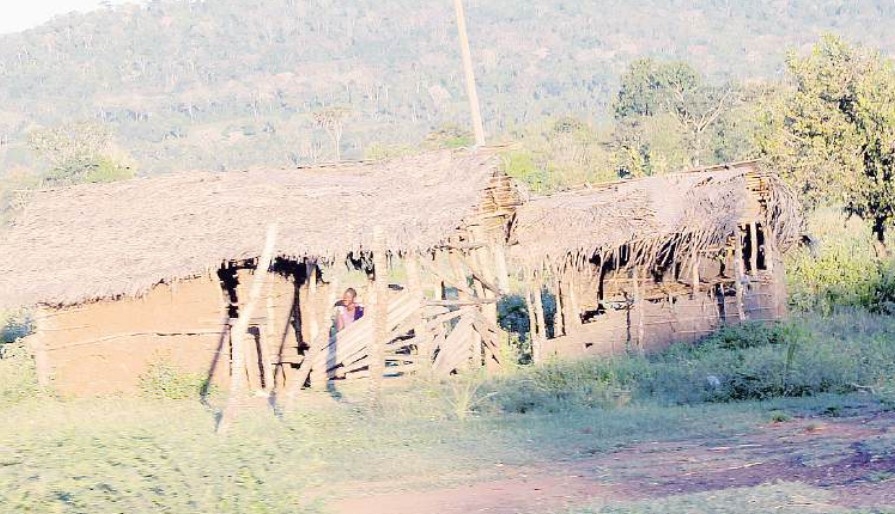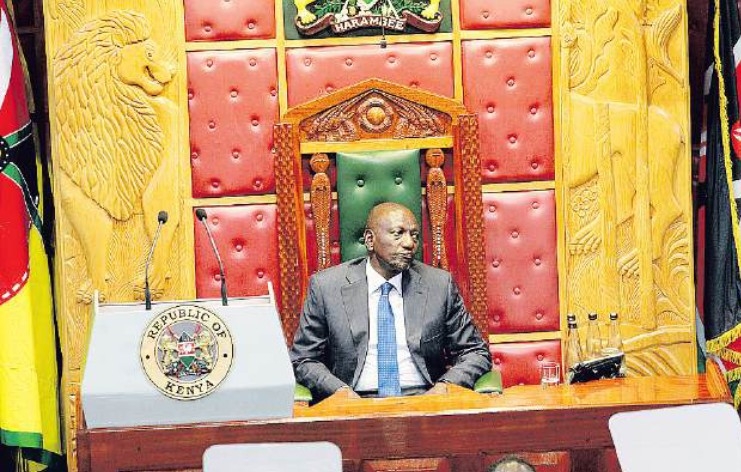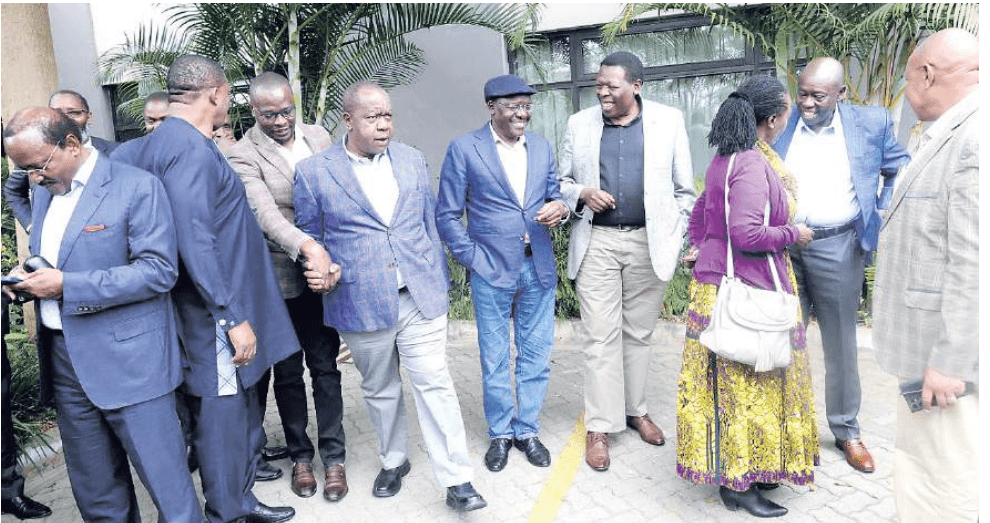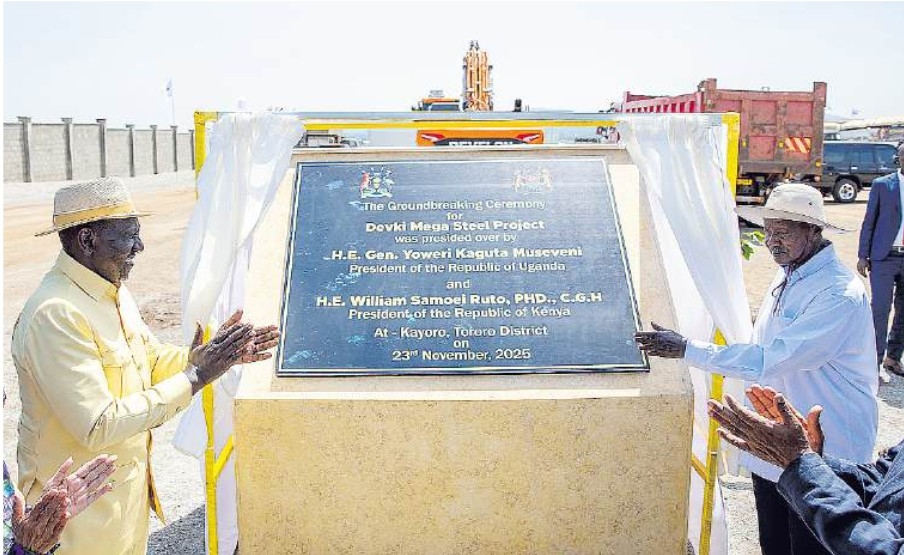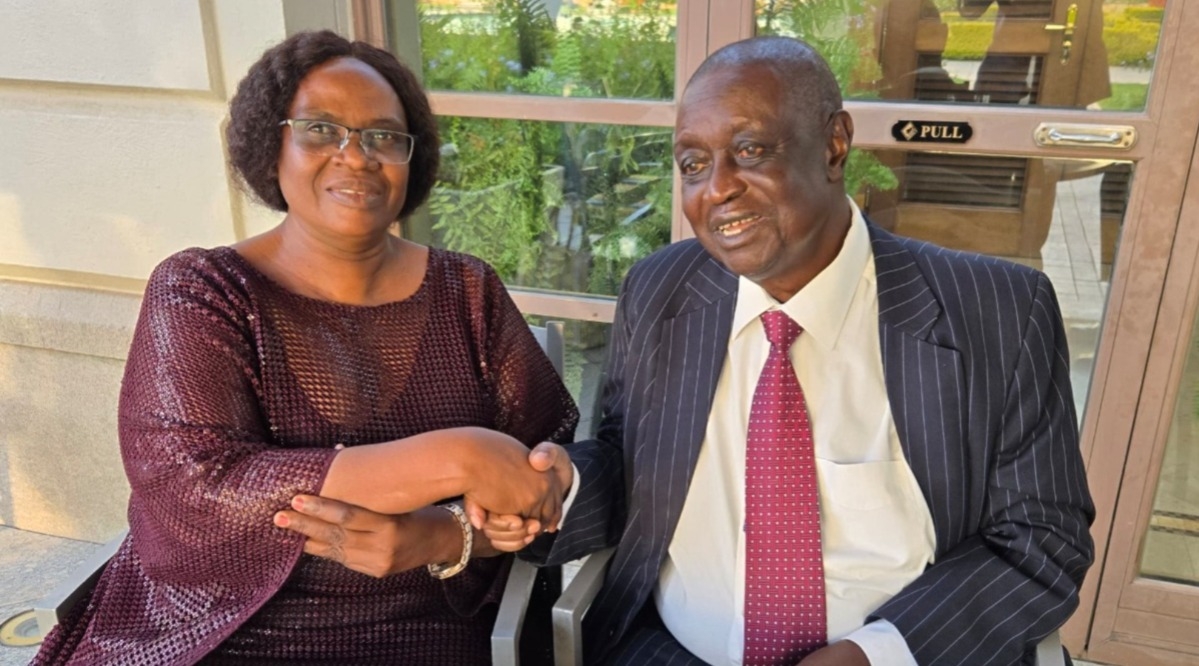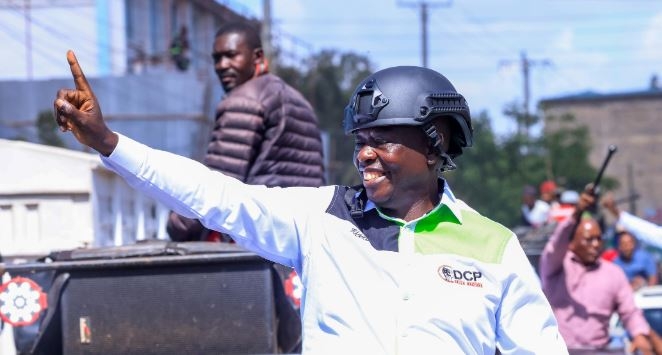The National Council of Churches of Kenya (NCCK) has called on the government to give hope to Kenyans through the Finance Bill 2024 and not despair.
NCCK South Rift Chair Peter Muiruri on Friday urged MPs not to pass the Bill saying it contains what he termed as punitive and livelihood-killing taxes and levies.
"The people of Kenya are crying out because the burden the government is laying on them is too heavy," Muiruri said.
"Remember that the people in your constituencies elected you to represent them, not kill their dreams."
He urged MPs to reject the Finance Bill 2024 and demand that the Treasury drafts one that will give Kenyans hope and inspiration to work more.
Muiruri also encouraged residents to make presentations to the Department Committee on Finance and National Planning on the Finance Bill.
The officials elected to lead the NCCK South Rift region have been meeting for a two-day induction workshop in Nakuru, on June 6 and 7, 2024.
Muiruri said the clerics in the region took time to consider the state of Baringo, Bomet, Kericho, Nakuru, Narok and Samburu counties as they prepare to provide leadership over the next three years.
According to the clerics, an assessment of the context in the counties shows that incessant politicking and early campaigns ahead of the 2027 General Elections is threatening national cohesion and hindering meaningful service delivery.
Muiruri said the most affected sector is health whereby public health facilities are either non-operational or are lacking medications, causing unnecessary suffering among the citizens.
Further, he said more than 20 schools remain closed in Baringo and Samburu Counties, while more than 3,000 households are still living in Internally Displaced Persons (IDP) camps.
"We call upon all political leaders to suspend campaigns and divisive politics and instead focus on doing the work they were elected to do," the clerics said.
They went on to challenge the national government to live up to its mandate and end the insecurity in Baringo and Samburu counties.
"There is no logical justification why the residents in our region have been left to unduly suffer insecurity and underdevelopment," they said.





